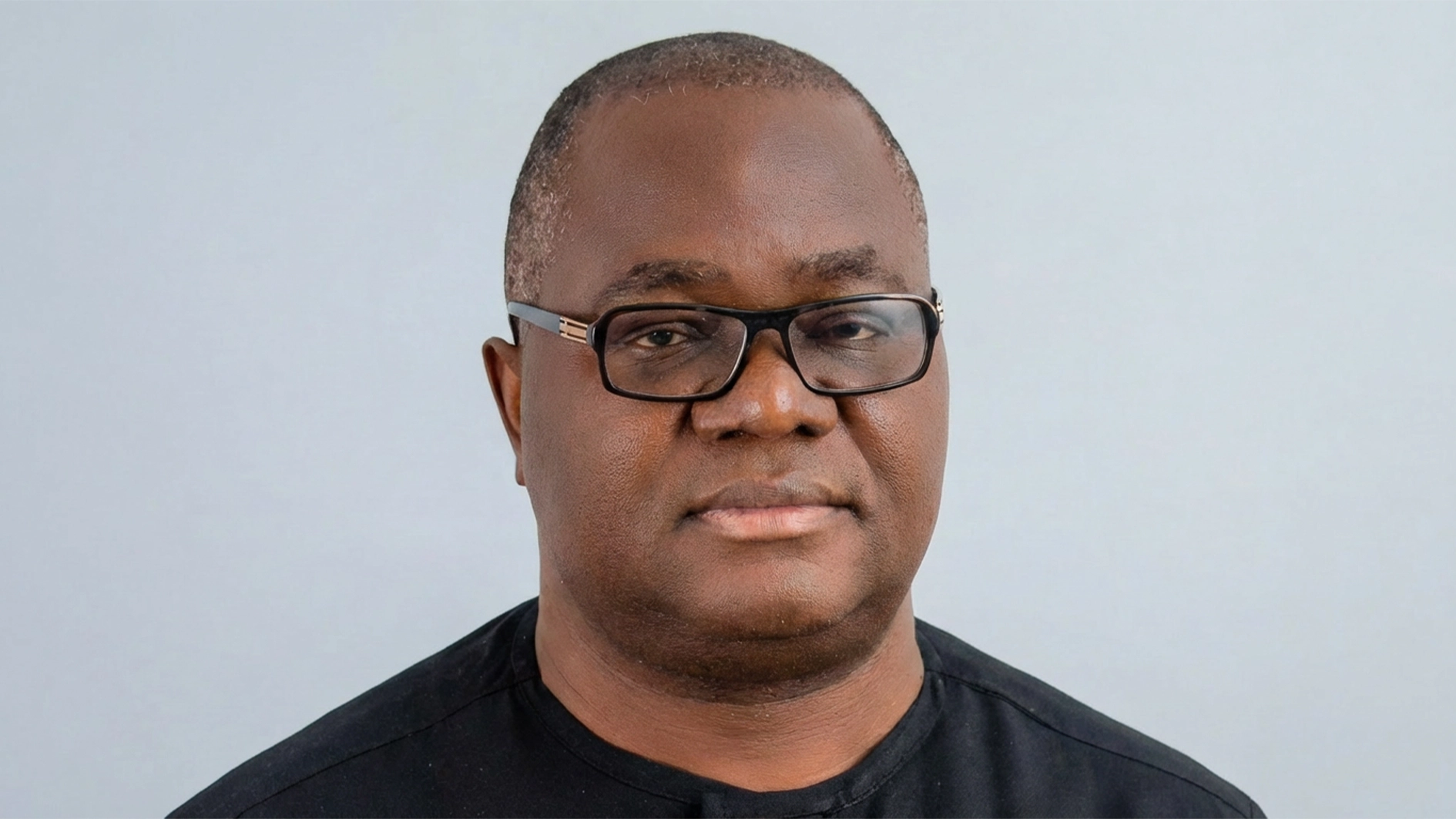
Former Vice-President Atiku Abubakar, kicked up the dust on May 31, at a book launch in Abuja. The book has the rather cheeky title of We are all Biafrans. He has put our country in the agitation mode once again. You can feel it. Some important warriors of restructuring and true federalism have instantly oiled their rusty muskets, ready for the battle royal. No, this is not a shooting war. Here, the tongue is mightier than the musket.
I get the distinct impression that we are running in circles each time someone trundles restructuring or true federalism across our path. When we run out of new ideas, we bring up old ideas, dust them up and crown them with controversy. There are always takers. But don’t dismiss Atiku yet.
The agitation for the physical, geo-political restructuring of the country has a long but not entirely an edifying history. Three years before independence, we asked the British colonial authorities to restructure the country to save the minorities from being oppressed, suppressed and smothered by the big three tribes. We could see their looming shadows and did not need the babalawo to tell us that they bode ill for the tribes holding the short end of the stick – population wise. The Willink Commission dismissed the fears of the minorities. It believed that a restructuring of the regions would be more problematic than leaving the status quo to be dealt with administratively.
No problem. Our chance came to do what the British refused to do when Lt-Col Ojukwu turned himself into the drummer-in-chief for the dismemberment of our dear country. General Gowon pulled the rug from under his feet by restructuring the four regions into a twelve-state federal structure. He thus freed the minorities in the former Eastern Region from continuing to draw the water and hew the wood for their big brother, the Igbo. Four times after that, we restructured the country and arrived at the current 36 states and 774 local government areas.
This is minus the development areas that are local governments not recognised by the constitution. We have responded to the agitation for restructuring so well that we now have 811 governments grouped into three tiers. This, brother, is a country of governments in search of who to govern.
Our country has had so many experiments at restructuring that it has become a pathetic victim of the apparent lack of rhyme or reason in our repeated search for what is not even there in the haystack. As soon as the champions of state creation, such as the illustrious Anthony Enahoro, saw that the states would be eventually useless, they proposed the re-restructuring of the 36 states into eight regions. We have been casting about for the proper structure of our federation for so long the heart of the nation aches.
I get the distinct impression that we are running in circles each time someone trundles restructuring or true federalism across our path. When we run out of new ideas, we bring up old ideas, dust them up and crown them with controversy. There are always takers. But don’t dismiss Atiku yet
Can we have true federalism? No such thing exists. As of 2002, there were 29 federated states in the world with 40 percent of the world’s population. None of them claims true federalism. Each federated state determines what works best for it based on its laws, convention and culture. Perhaps, what works well for each federated may be regarded as its. true federalism.
So, what does Atiku want in asking for restructuring? Actually, if you look closely into his argument, he is talking about the nature of our federalism, not the structure of our federation. I am intrigued by that. His argument is that “since we are no longer under the military regime, it is high time we reviewed and restructured our country to make it a workable structure.”
His argument is sensible. It offers us a chance to fully and vigorously debate the nature of our federalism and perhaps arrive at a workable federalism. Military rule left our country with unimaginable detritus in every aspect of our national life. Our nation is cluttered with the debris of social, political and economic experiments most of which went awry.
These clutters prevent our federalism from adequately responding to our national aspirations as a federated state. This is what worries Atiku. He has been in the system long enough to know that this is a fundamental national problem that needs to be tackled to make our federalism workable. If we were serious about a workable federalism, I believe our first national assignment on the departure of the generals would be the re-examination of what they saddled the country with so we could make changes and adjustments where necessary to make the system work for us. We gave no thoughts to it as if it would amount to questioning the sacred wisdom of the khaki men.
Our federalism is not working because we are running what Professor Isawa Elaigwu aptly calls “military federalism.” It is an ugly military legacy that clearly ill serves us a federation and a democracy. It is a hybrid of dictatorship, and a unitary system imposed on a weak and weakened federalism. Military federalism causes us all the havoc and all the confusion in the nature of our federalism. Federalism gives the constituent units of the federation adequate space to build their own castles and fresh air to invigorate their life. Our federalism denies the states these. Instead, it stifles them.
Atiku wants us to have the courage to dismantle this contraption. In his speech under reference, he offered six fundamental suggestions for dismantling military federalism and replacing it with democratic federalism:
“First, we need a smaller, leaner federal government with reduced responsibilities. This means devolution of powers and resources to states and local governments.”
“Second, autonomy for the component states and localities to determine their development priorities and wage structures.“Fourth (I found his third point missing from the Sun that published it in full} diversified economic activities and productivity in order to enlarge the tax base.
“Fifth, an end to the indigene-settler dichotomy. A modern, united Nigerian nation can only be built on the basis of common citizenship for all based on residency in a state or locality rather than the local government or ethnic group one is born into.
“Sixth, state police to augment the federal police (for states that so desire). This will help us to improve security, including fighting terrorism.”
Those who think they have heard all these before need not thumb their noses at the former vice-president. His decision to raise the issues must be seen as an act of a concerned statesman. In the First Republic we complained that the centre was weak. We needed a strong centre to put the regions in their place. The generals gave us such a strong centre. As you can see, they went over board. The constituent units of the federation are now so weak, so poor and so impoverished that they are almost useless. The centre has become so powerful and so overbearing that it is today a monstrous behemoth, taking on so much and achieving so little. A federal system run like a unitary system is clearly an anomaly. No one should be surprised that a workable federalism eludes us.
See how fast the centre has grabbed and accumulated power: In the 1963 republican constitution, there were 45 and 29 items in the exclusive legislative and the concurrent legislative list respectively. In the 1979 constitution supervised by the military, the items on the exclusive legislative list ballooned to 67 with 30 items on the concurrent legislative list. In the 1999 constitution, whose writing was also supervised by the military, we find 68 items on the exclusive legislative list and 30 on the concurrent legislative list.
This is more than mere greed for power. It raises fundamental questions about the responsibilities in the two top tiers of government – federal and state. The federal government has its fingers in every pie; or more correctly, in every inviting pot of okra soup cooked with fresh fish. This is not the path to a workable federalism. It is the path to its damnation and the cynical hobbling of its flowering in our country.
The two ugly faces of military federalism are centralisation and uniformity, both of which are anathema to federalism. The centre maintains a centralised police force it poorly funds; thus ours is the only country in the world with a centralised crime fighting force. Kebbi State, a poor state with nary internal revenue must pay its public officers and civil servants the same salaries and allowances as its oil rich counterpart, Akwa Ibom State, whose one month’s share from the federation account is more than the shares of all the northern states put together. In forcing Kebbi to keep up with the rich states we take away its right to determine how best to run its affairs, financial and otherwise. Do you still wonder why the states are uniformly impoverished and cannot pay the salaries of their civil servants? Military federalism. It grates on the nerves.
Our federalism is not working because it is riddled with contradictions. If we do not dismantle military federalism, both the structure of our federation and the nature of our federalism would remain a source of aches and frustrations. Belling this cat is a tough call.






